hydroponic produce safe?
Kyle_Berk
20 years ago
Related Stories

KITCHEN DESIGN16 Practical Ideas to Borrow From Professional Kitchens
Restaurant kitchens are designed to function efficiently and safely. Why not adopt some of their tricks in your own home?
Full Story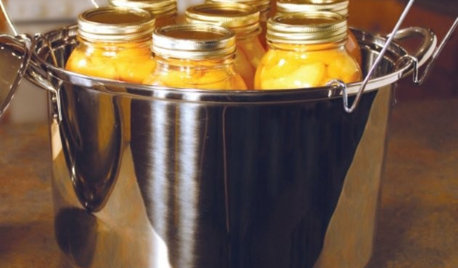
PRODUCT PICKSGuest Picks: Canning, Preserving, Steaming, Dehydrating
20 products to help make fall produce last through the season and beyond
Full Story
GARDENING GUIDESHow to Bring the Joy of Bluebirds to Your Garden
Attract these beautiful songbirds with nesting habitat and food sources, including berry-producing trees and shrubs
Full Story
FARMHOUSESWorld of Design: See How 9 Families Live and Farm on Their Land
Join us as we visit the homes and farms of passionate food producers and hear about rural life around the globe
Full Story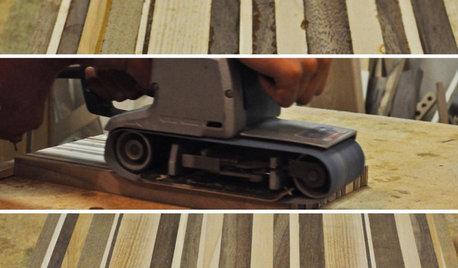
DIY PROJECTSFashion a High-Quality Cutting Board From Scrap Wood
Waste not, want not. This DIY project saves scraps from the landfill, hones your woodworking skills and produces a gorgeous kitchen piece
Full Story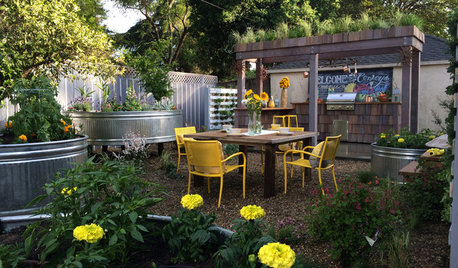
FARM YOUR YARDRemake Your Backyard Into a Mini Farm
You can get a taste of country life by line-drying your laundry, growing some produce or going whole hog with the critters
Full Story
WORLD OF DESIGNDigging for Gold in Old Danish Designs
Firms not only are reissuing works by popular midcentury designers, they’re also producing pieces from once-rejected sketches
Full Story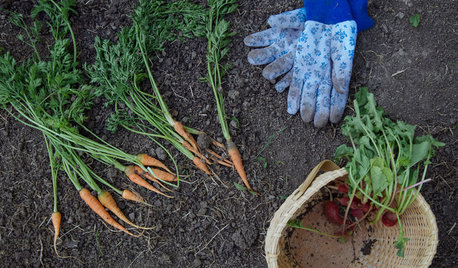
FARM YOUR YARDMy Houzz: Backyard Farming for a Kansas City Family
A backyard garden provides a family of 5 with organic seasonal produce. Here's how they do it
Full Story
BATHROOM DESIGNHow to Settle on a Shower Bench
We help a Houzz user ask all the right questions for designing a stylish, practical and safe shower bench
Full Story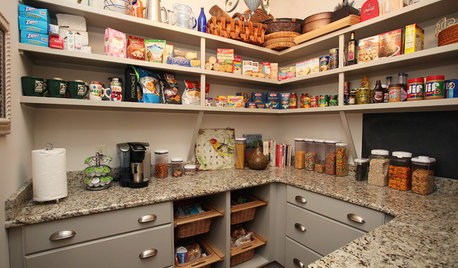
LIFEHow to Prepare for and Live With a Power Outage
When electricity loss puts food, water and heat in jeopardy, don't be in the dark about how to stay as safe and comfortable as possible
Full StoryMore Discussions






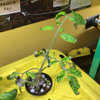
mycarbumps
DHershey
Related Professionals
Lyons Landscape Architects & Landscape Designers · Roosevelt Landscape Architects & Landscape Designers · Brookfield Landscape Contractors · Dixon Landscape Contractors · Lexington Landscape Contractors · Newberg Landscape Contractors · Oklahoma City Landscape Contractors · Overland Park Landscape Contractors · Palatine Landscape Contractors · Salem Landscape Contractors · Santa Maria Landscape Contractors · Thornton Landscape Contractors · Four Corners Landscape Contractors · Eastlake Landscape Contractors · Clearfield Landscape Contractorsbaci
markapp
adrianag
baci